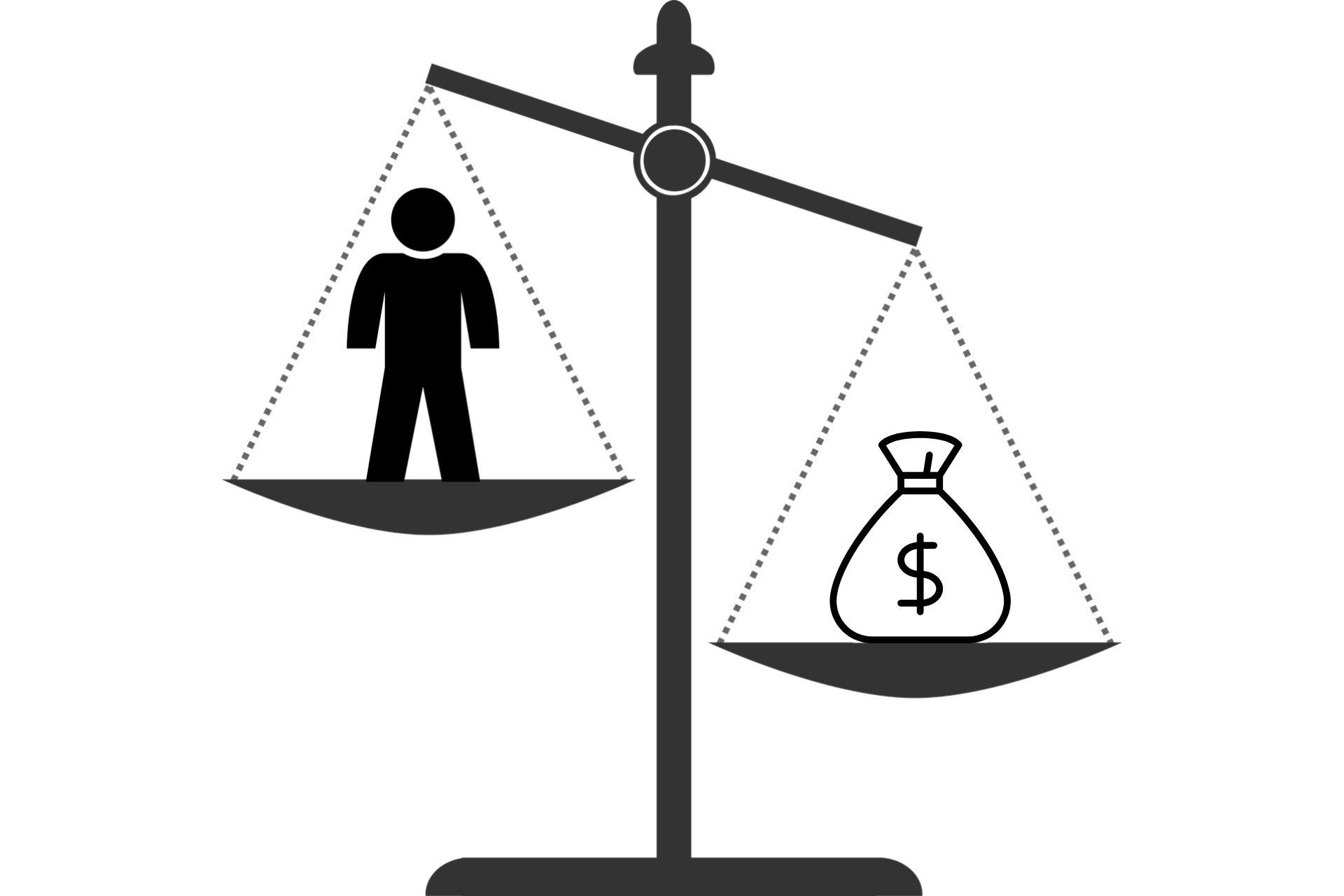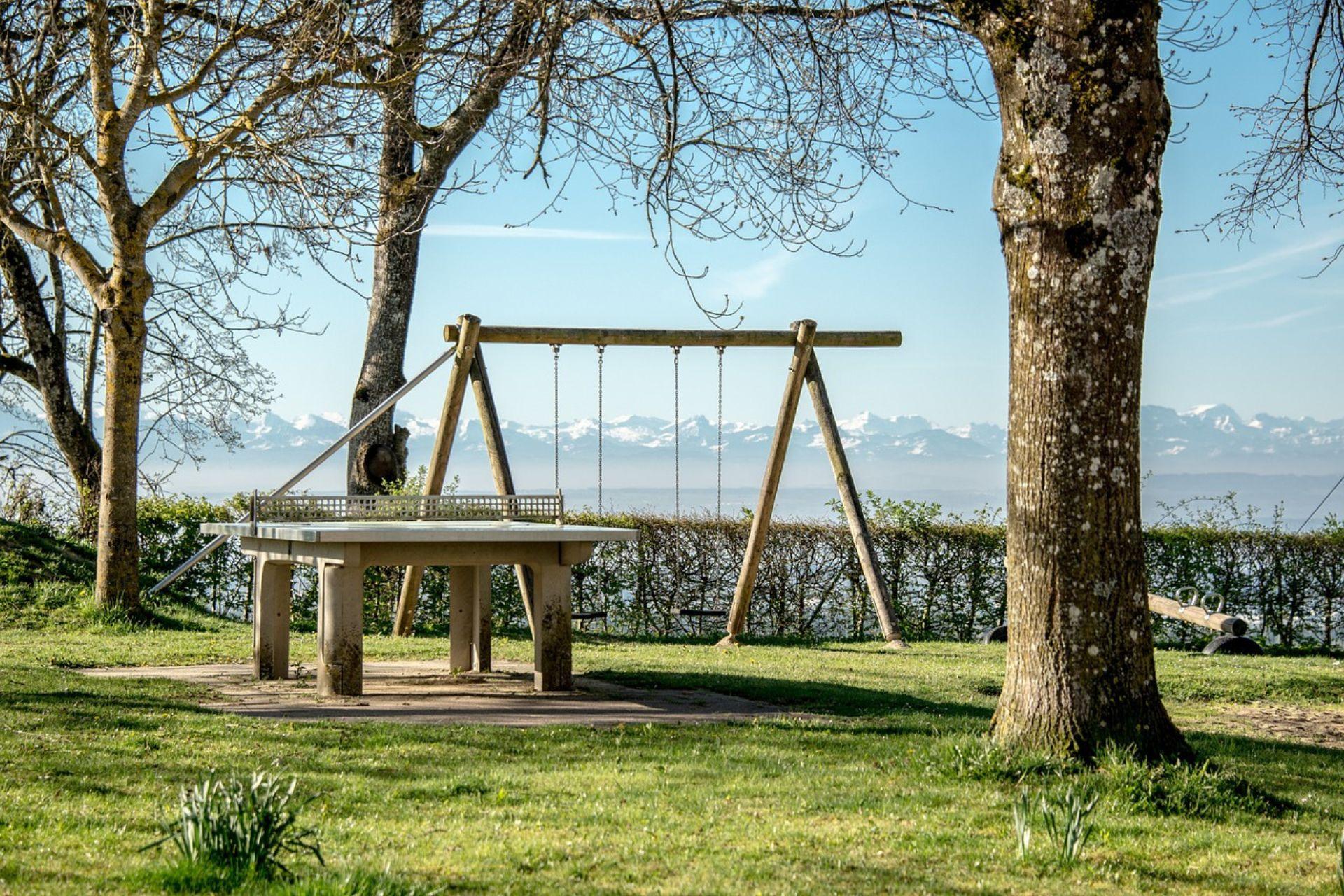
Pesticides in Vinschgau: how to opt for sustainable management of apple orchards
As many as 27 different pesticides have recently been discovered in apple orchards in the Vinschgau Valley in South Tyrol - the largest apple-growing area in Europe. Evidence of this is provided by the study 'Widespread contamination of soils and vegetation with Current Use Pesticide residues along altitudinal gradients in a European Alpine valley' conducted by the research team of:
- iES Landau della Rheinland-Pfälzische Technische Universität Kaiserslautern-Landau (RPTU)
- Pesticide Action Network Europe (PAN)
- Universität für Bodenkultur Wien (BOKU)
Decline in the presence of butterflies throughout the area, contaminated Alpine peaks and playgrounds: these are just some of the negative implications of the case study. The exact opposite of what the Vinschgau Valley brand stands for, bearing the two ladybirds (one yellow and one red) symbolising 'respect for man and nature', 'natural and sustainable production', 'goodness and genuineness', 'unmistakable quality', 'natural and ecological fruit growing'. A real greenwashing operation on the territory with a negative impact in terms of market and image as it masks a threat to human, animal, and environmental health.
The Vinschgau Valley has more than 5,000 hectares under apple cultivation, which, together with the other 13,000 hectares in the neighbouring valleys (Isarco and Adige Valleys), make South Tyrol one of the largest apple producers on the continent (10% of European production).
The predominant cultivation methods used are integrated cultivation, where pesticides are used for plant protection, and organic cultivation, where they are used as a drift effect, as shown in the results of the case study. The use of plant protection products raises growing concerns about their negative impact on human health, the environment and sustainability due to their long-term presence in crops.
In 2014, during the referendum on the banning of pesticides in the municipality of Malles Venosta, a solution to this problem was considered with the BioAksxter® M31 Agriculture depolluting formulation, both in terms of removing chemical residues from agricultural products and in terms of its antifungal action on apple crops. But that's not all.
Referendum on Pesticides in Malles: a 6-year story
It was 05 September 2014 when the 5,000 inhabitants of the municipality of Mals Venosta were asked to vote on banning pesticides throughout the area. The outcome was positive as 75% of the citizens voted in favour. What moved the local population was a group of doctors, dentists, veterinarians, biologists, and pharmacists, who signed a manifesto. Their thoughts were: 'those who say that it is not possible to cultivate without the use of harmful substances are criminals because organic farming is possible and efficient'.
One of the pioneers of the no-pesticide movement had contacted us at AXS M31 to disseminate information to farmers on the soil and plant-disrupting effects of BioAksxter®, also in German, in order to benefit South Tyrolean apple growers.
But what happened after the referendum result?
The mayor of Malles at the time issued ordinances immediately banning the use of pesticides at a certain distance from homes with the aim of a gradual transition to organic farming. A few months later, in July 2015, following various ups and downs and with a new town council, the new by-laws were finally accepted. Unfortunately, two weeks later, the longa manus of the local government prevented the concrete implementation of the will of the citizens. In fact, the Lex Malles was approved (in no time at all), which restrictively transferred competence to local authorities in environmental matters.
In May 2016, an investigation was conducted on this issue, at the request of 44 farmers. Unfortunately, the Tar suspended the effects of the referendum and later annulled it.
Call it abuse of power, call it injustice, call it aiding and abetting the agrochemical lobbies. This is agriculture.
In 2019, the Court of Auditors acquitted the mayor of Malles. Only 6 years later, in January 2020, the Court of Appeal confirmed that the referendum in Malles was legitimate... but, by then it was too late.

Apple growing with Pesticides and its Impact on Public Health
So, in the picturesque agricultural landscape of the Vinschgau Valley, pesticide management has been a major issue for many years.
Politicism aside, let us analyse the damage in terms of public health caused by the use of pesticides in apple cultivation.
Although the apple is a fruit known for its many beneficial effects on human health and recommended by doctors, let us not forget the harmful agricultural practices that are used throughout the apple growing cycle. Several studies have shown that direct and indirect exposure to pesticides affects many things, such as altered DNA, damage to the nervous system, low IQ in children, increased cancer, genome instability, endocrine disruption, and development, growth, and reproduction problems.
The Vinschgau Valley was also the subject of a study in 2017, by the Munich Environmental Institute, which was able to demonstrate shocking data following the seizure of farmers' records: 7 non-stop months of pesticide spraying. This is what happens every year, where on average each apple orchard from March to September is treated 38 times.
After several years, it was not until January 2023 that the contents of these records were made public. For the first time, it was possible to know which pesticides were used, when and in what quantities. It should be pointed out that many times, during a spraying operation, farmers used several active ingredients at the same time. That is why we speak of a pesticide cocktail.
In the registers appear penconazole, fluazinam and phosmet, classified by the EU as 'potentially harmful to reproduction'. Potentially carcinogenic" such as bupirimate and captan or even glyphosate also emerge.
Having said that, let us not ask why we see 3,600 new cancers a year in South Tyrol alone. Without going into detail about other chronic or degenerative diseases.
The aforementioned Pesticide Action Network Europe (PAN) has been examining the effect of pesticides on playgrounds in the province of Bolzano since 2019. In their study published in 2024, they documented pesticide contamination in playgrounds in the Vinschgau Valley, stating that almost all year round there are CUP (current-use pesticides) residues in these areas, or rather, non-cultivated habitats.

Pesticide Residues and Damage to the Alpine Ecosystem
Pesticides also pose a problem for the Vinschgau ecosystems, extending their harmful effects beyond the boundaries of the treated land. Indeed, these toxic substances, volatile by nature, travel through the air, soils and watercourses, reaching groundwater and even the seas.
Returning to the latest study conducted in the Vinschgau Valley, where as many as 27 different pesticides were detected, including insecticides, fungicides and herbicides, some alarming data emerges. Specifically, 23 CUPs were found in the soil and 18 CUPs in the vegetation.
The widespread action of pesticides is not limited to agricultural land, but also extends to valuable protected areas. Both the Stelvio National Park and the Ortles-Cevedale mountain massif and the Gruppo di Tessa Nature Park, which are included in the Natura 2000 areas, have recorded the presence of numerous toxic chemicals in their soils and surrounding vegetation.
For several years, a large decrease in the number of butterflies has been observed in the mountain meadows of the valley. Pesticides negatively affect several vital functions of the animals, starting with their behaviour.
This has raised serious concerns about the health of pollinating insects and the balance of Alpine ecosystems. Pollinating insects play a vital role in the polinisation of plants, facilitating fruit and seed production. This is why their reduction has negative repercussions on agriculture, biodiversity and the stability of natural environments.
Sustainable management of apple orchards
In conclusion, the sustainable management of apple orchards is essential to preserve everything.
In this context, the application of the innovative BioAksxter® formulations, with their depolluting properties, offers the concrete possibility of solving the pesticide problem, even in the Vinschgau Valley, by restoring the balance of the agro-ecosystem. Organic farming is no longer enough. Residues that have been present in soils, crops and the environment in general for many years must be eliminated. An action that organic farming cannot do. Once again we emphasise that reducing pollution does not mean depolluting. The elimination of residues in apple cultivation is also of fundamental importance to ensure effective food safety and to translate what the two ladybirds of the Val Venosta label symbolise into facts.